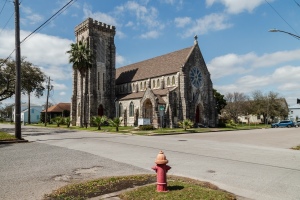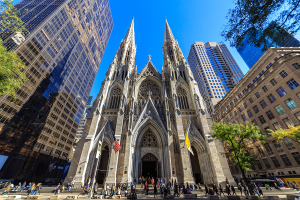U.N. General Assembly Suspends Libya from Human Rights Council
The U.N. General Assembly voted Tuesday to suspend Libya from the U.N. Human Rights Council in response to the violent repression of peaceful protesters in the North African nation.
"The credibility of the international community, the United Nations General Assembly, the Security Council and the Human Rights Council is at stake in ensuring that these rights are respected and that human rights violations are punished," General Assembly President Joseph Deiss told the representatives gathered before the vote.
"This is our duty to all the men and women who are hoping and struggling to have their rights respected and who, today, are running the greatest risks. Their hopes must not be dashed," he added.
Tuesday's vote by the 192-member Assembly followed a request last Friday from the Geneva-based Council itself that it suspend Libya – one of the top UN right's body's 47 elected members – as the death toll from nearly two weeks of violence in Libya is expected to exceed 1,000, with thousands injured.
Though Libya was elected last year to a three-year term scheduled to end in 2013, Deiss warned that there can be no security or development without respect for rights.
He described the actions of Libya President Muammar al-Gaddafi's regime as "flagrant human rights violations" and urged members to "show unity and resolve in our determination to promote the fundamental values of the [UN] Charter."
U.N. Secretary-General Ban Ki-moon also spoke before the vote, voicing grave concern at the continued loss of life, "the ongoing repression of the population and the clear incitement to violence against the civilian population by Colonel [Gaddafi] and his supporters."
The actions taken by the various U.N. bodies, Ban said, send a strong and important message – "a message of great consequence within the region and beyond: that there is no impunity, that those who commit crimes against humanity will be punished, that fundamental principles of justice and accountability shall prevail."
According to reports, only Venezuela expressed reservations about Tuesday's suspension – on the grounds that an investigation was needed first – but it did not stand in the way of the vote.
Only a two-thirds majority vote was required.





























